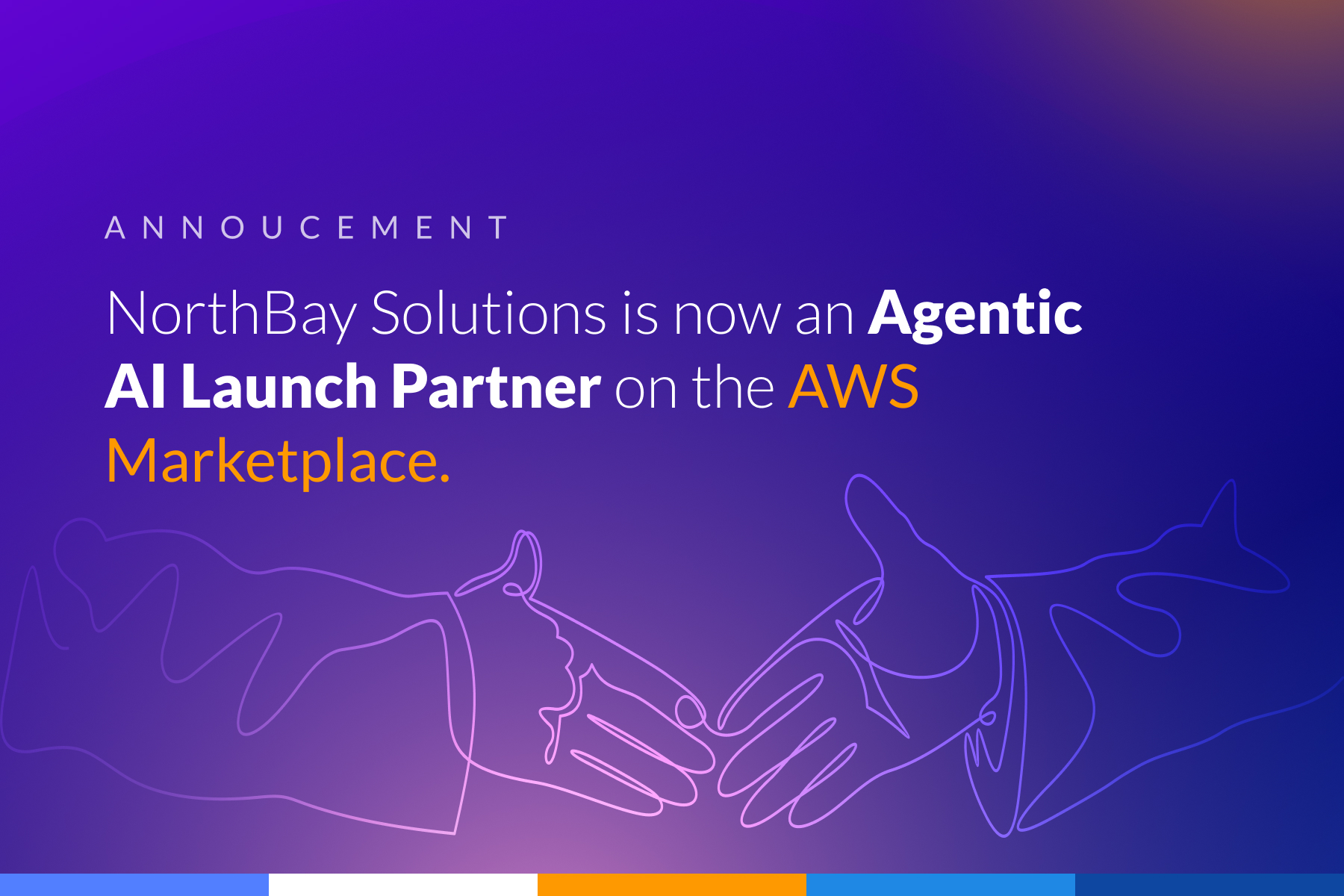
Cloud infrastructure management has become an essential aspect of modern business operations. As organizations increasingly rely on cloud-based solutions, it’s crucial to understand how to effectively manage their cloud environments. This blog will guide you through the key concepts, best practices, and strategies for optimizing your cloud infrastructure to drive business success.
Understanding the Cloud: A Business Perspective
Before diving into the technical aspects, it’s important to grasp the fundamental concepts of cloud computing. When computing services like servers, storage, and databases are provided online, it’s referred to as cloud computing. This model offers several advantages, including scalability, flexibility, and cost-effectiveness.
- Scalability: Cloud platforms allow businesses to quickly scale their resources up or down to meet changing demands. This means you can avoid overspending on unused capacity while ensuring you have sufficient resources to handle peak workloads.
- Flexibility: The cloud offers a wide range of services and options, enabling businesses to customize their infrastructure to meet specific needs. This flexibility can drive innovation and agility.
- Cost-Effectiveness: Cloud computing can often be more cost-effective than traditional on-premises infrastructure, as businesses only pay for the resources they use.
Strategic Cloud Adoption: A Roadmap for Business Success
Adopting the cloud requires a strategic approach. Take into consideration these crucial steps:
- Assess Your Needs: Evaluate your business goals, workload requirements, and compliance needs to determine the most suitable cloud platform and services.
- Develop a Migration Plan: Create a comprehensive plan for migrating your applications and data to the cloud, considering factors such as risk, cost, and complexity.
- Establish Governance and Compliance: Implement robust governance frameworks and ensure compliance with industry regulations to protect your data and maintain business integrity.
Optimizing Cloud Infrastructure for Business Value
To maximize the benefits of cloud infrastructure, it’s essential to optimize your environment for performance, cost, and security.
Cost Optimization:
- Rightsizing instances to match your workload requirements.
- Leveraging reserved instances and spot instances for cost savings.
- Implementing cost management tools to track and analyze your cloud spending.
Performance Optimization:
- By using content delivery networks (CDNs), application performance can be enhanced.
- Optimizing database queries and indexes.
- Monitoring resource utilization and identifying bottlenecks.
Security and Risk Management:
- Implementing strong access controls and encryption.
- Regularly patching and updating systems.
- Conducting vulnerability assessments and penetration testing.
Leveraging Cloud for Innovation and Growth
Cloud infrastructure provides a solid foundation for innovation and growth. Here are some key areas where the cloud can make a significant impact:
- Data-Driven Decision Making: Cloud-based analytics tools enable businesses to extract valuable insights from their data, driving informed decision-making.
- Digital Transformation: The cloud can facilitate digital transformation initiatives by enabling the development and deployment of new applications and services.
- Emerging Technologies: Cloud platforms support emerging technologies such as artificial intelligence, machine learning, and Internet of Things (IoT), enabling businesses to stay ahead of the curve.
The Role of Managed Services in Cloud Infrastructure Management
Managing cloud infrastructure can be complex and time-consuming. Consider partnering with managed service providers (MSPs) to handle tasks such as:
- Cloud Migration: MSPs can assist with applications and data migration to the cloud, ensuring a smooth transition.
- Security Management: MSPs can help implement robust security measures to secure cloud environment from threats.
- Performance Optimization: MSPs can monitor your cloud infrastructure and identify opportunities for performance improvements.
- Monitoring: A proactive approach to ensure your cloud infrastructure runs smoothly and efficiently.
- Cost Optimization: Strategies to minimize cloud spending while maintaining performance.
- Support: Reliable assistance from experts to address issues and maximize cloud benefits.
Conclusion
Cloud infrastructure management is a critical aspect of modern business operations. By understanding the key concepts, adopting best practices, and leveraging managed services, you can optimize your cloud environment to drive innovation, improve efficiency, and achieve your business goals.
About NorthBay Solutions
NorthBay Solutions is a leading provider of cutting-edge technology solutions, specializing in Agentic AI, Generative AI MSP, Generative AI, Cloud Migration, ML/AI, Data Lakes and Analytics, and Managed Services. As an AWS Premier Partner, we leverage the power of the cloud to deliver innovative and scalable solutions to clients across various industries, including Healthcare, Fintech, Logistics, Manufacturing, Retail, and Education.
Our commitment to AWS extends to our partnerships with industry-leading companies like CloudRail-IIOT, RiverMeadow, and Snowflake. These collaborations enable us to offer comprehensive and tailored solutions that seamlessly integrate with AWS services, providing our clients with the best possible value and flexibility.
With a global footprint spanning the NAMER (US & Canada), MEA (Kuwait, Qatar, UAE, KSA & Africa), Turkey, APAC (including Indonesia, Singapore, and Hong Kong), NorthBay Solutions is committed to providing exceptional service and support to businesses worldwide.





